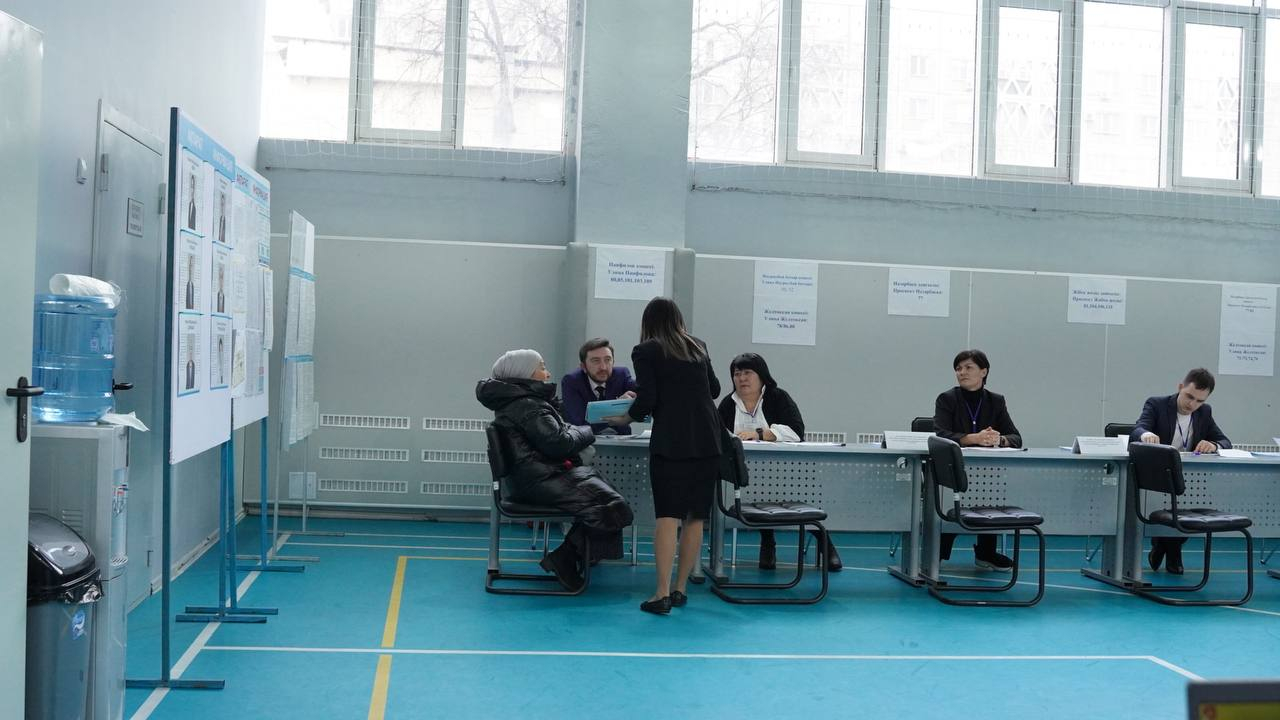- ВКонтакте
- РћРТвЂВВВВВВВВнокласснРСвЂВВВВВВВВРєРСвЂВВВВВВВВ
In March, Kazakhstan will hold elections for the lower chamber of the parliament (Majilis) and local assemblies (Maslikhat). Again ahead of schedule, again with the promise of change. Whether the current campaign will differ from all previous ones is an important question. The answer, however, is predictable.
The main difference with the previous elections is that independent candidates are back. They can run to win seats in single-mandate constituencies. These constituencies were gradually abolished in the past 15 years, resulting in almost entirely non-competitive elections.
While it looks like a step in the right direction, the current return to the mixed system is far from perfect. The future Majilis will be composed of 98 deputies, 69 elected from party lists and 29 single-mandate ones. During the past four years, under Kassym-Jomart Tokayev’s rule, not a single opposition party has been allowed to register. This means that 70% of the Majilis will be occupied by pro-government parties by default.
Only 29 seats are open for competition, but there are high entry costs. Candidates can be denied registration on formal grounds (for example if they miscalculate their tax returns even by two cents) or they can be arbitrarily denied participation. Should they then try to argue their case in court, the judge is unlikely to rule in their favor.
It is also necessary to remember the old adage: “It doesn’t matter how people vote, it matters how they count.” Electoral commissions across the country are only formally independent, because they seldom feature members from opposition movements. The monitoring of the voting process is increasingly limited and information from the Central Elections Commission is often difficult to verify. For independent candidates, checking the electoral process is almost impossible.
Still, society now has an opportunity to witness an exciting campaign. Should they manage to get past all the restrictions, independent candidates may run real campaigns, meet with voters, rally, and voice important issues.
Most opposition movements have already said they intend to participate in the scramble for seats in the Majilist and several Maslikhats. Their attempt is commendable. While the existing obstacles make it almost impossible for them to win, at least they can build a dialogue with the voters. And this would be a significant change of landscape.
The composition of the future Majilis is easy to guess: Most seats will be assigned to parties close to the government, whether by party list or single-mandate constituency. Yet, there are still chances to see independent candidates succeeding in both the Majilis and local Maslikhats. And the more naive you are, the more chances you will see.
Поддержите журналистику, которой доверяют.








